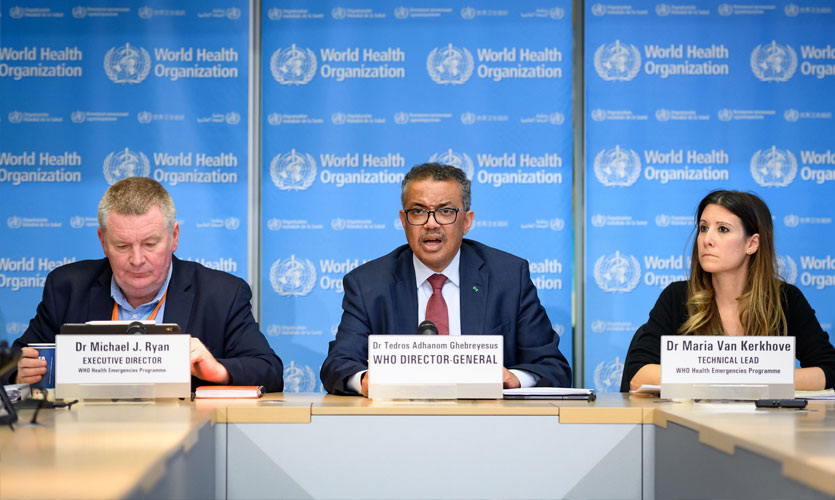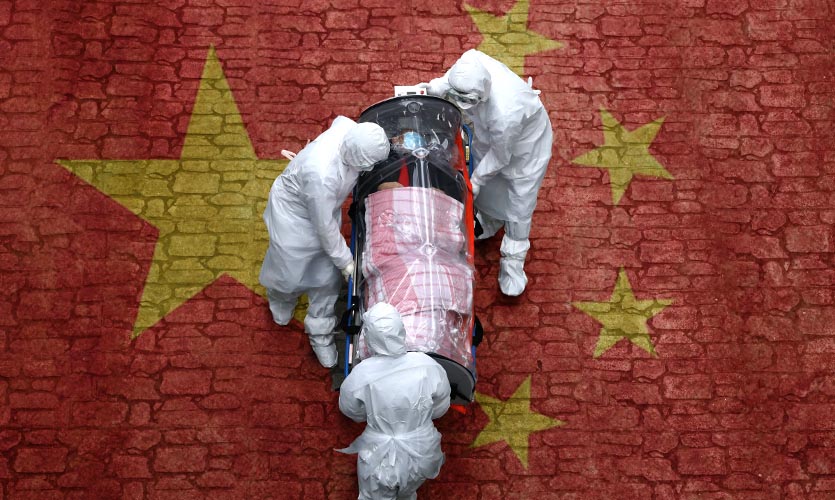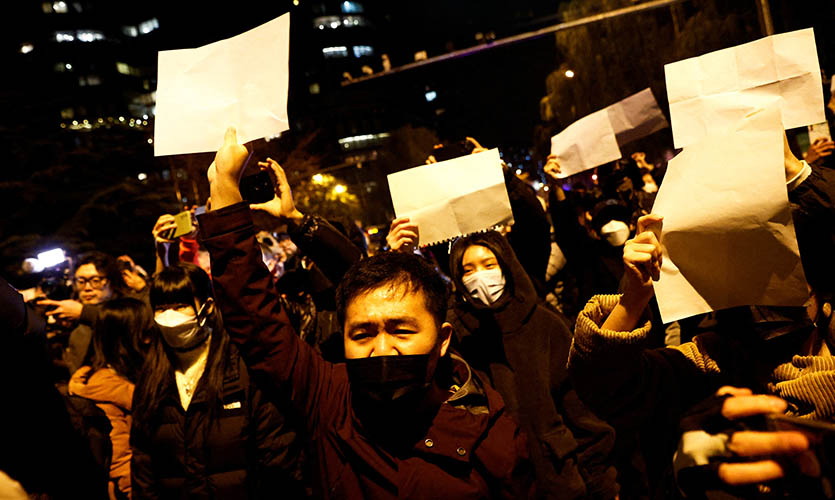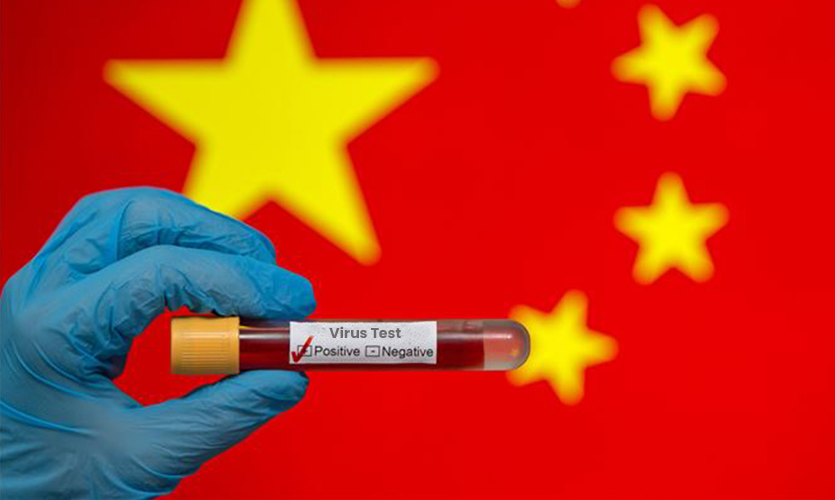The World Health Organisation (WHO) recently announced its new labelling scheme for COVID-19 variants, stating that letters from the Greek alphabet will be used as “non-stigmatizing labels” for the dangerous variants still active.
The WHO has identified four “variants of concern”. The first is the B.1.1.7 variant that initially surfaced in the United Kingdom, which will be referred to as the “Alpha” variant. The second variant, identified as B.1.351 and discovered in South Africa, will be known as the “Beta” variant. The third variant that initially surfaced in Brazil will be named “gamma”. The fourth COVID variant B.1.617, discovered in India, is divided into sub-lineages, one of which is B.1.617.2. was labelled “Delta”. The other variation, B.1.617.1 was named “Kappa” and classifies as a “variant of interest”.
The organisation said that the labels do not replace existing scientific names involving numbers, Roman letters and full stops, which convey important scientific information and will continue to be used in research. “While they have their advantages, these scientific names can be difficult to say and recall and are prone to misreporting. As a result, people often resort to calling variants by the places where they are detected, which is stigmatising and discriminatory,” said the WHO in its announcement.
“Greek letters are easier to pronounce and more practical to be discussed by non-scientific audiences. To avoid this and to simplify public communications, [the] WHO encourages national authorities, media outlets and others to adopt these new labels,” explained the statement.
The Indian Concern And Asian Violence
The WHO’s decision to rename the COVID variants came about three weeks after India objected to the B.1.617 variant being referred to as an “Indian variant” in media reports. The union health ministry pointed out that the UN’s top health organisation did not use the term “Indian” for this strain in its document.
On May 12, the ministry slammed media reports that used the phrase ‘Indian variation’ for the B.1.617 mutant strain as the WHO had declared it as a “variant of global concern”.
“Several media reports have covered the news of the World Health Organisation (WHO) classifying B.1.617 as a variant of global concern. Some of these reports have termed the B.1.617 variant of the coronavirus as an Indian Variant,” said the ministry in a statement in New Delhi. “These media reports are without any basis, and unfounded,” it added.
As a result of the pandemic and the place of its first breakout decidedly in Wuhan, China, hate crimes against Asian communities has significantly increased.
Anti-extremist groups in the United States blamed the rise of attacks on Asian-Americans on Donald Trump, who referred to COVID-19 as the “China virus”. This month, the current US President Joe Biden, signed a hate crimes statute to protect people who have faced an increase in violence as a result of the pandemic.
Read more about the black, white and yellow fungi.
Why Greek Alphabets
The new naming system was developed in consultation with professionals and academics who have been tracking and analysing the SARS-CoV-2 virus’ progress.
The working group’s initial objective was to generate a slew of two-syllable names that aren’t words – according to WHO’s Frank Konings. However, it immediately became clear that far too many had already been taken – some were company or geographic names, while others were family names. Combining three syllables did not address the problem, and four syllables became cumbersome.
For a time, the group contemplated names based on Greek gods and goddesses, but it was finally abandoned. The notion of simply numbering them one, two, three, and so on was discussed but rejected since it was feared to generate confusion with the names given to the viruses in genetic sequence databases that follow the evolution of the SARS-2.
The Greek alphabet suggestion was approved by the WHO specialists convened to devise the name system, some of whom are members of the International Committee on the Taxonomy of Viruses. The organisation is responsible for identifying novel viral species and was also the one that labelled the COVID-19 causing virus as SARS-CoV-2. However, it does not name viral subspecies, which is why the WHO was tasked with doing so.
Viruses have historically been connected with the areas from which they are assumed to have evolved, such as Ebola, which is named after the Congolese river that bears the same name. However, this may be destructive to the areas and is frequently erroneous, as with the so-called Spanish flu epidemic of 1918, the origins of which remain uncertain to this day. The WHO epidemiologist Maria Van Kerkhove commented, “No country should be stigmatised for detecting and reporting variants.”










